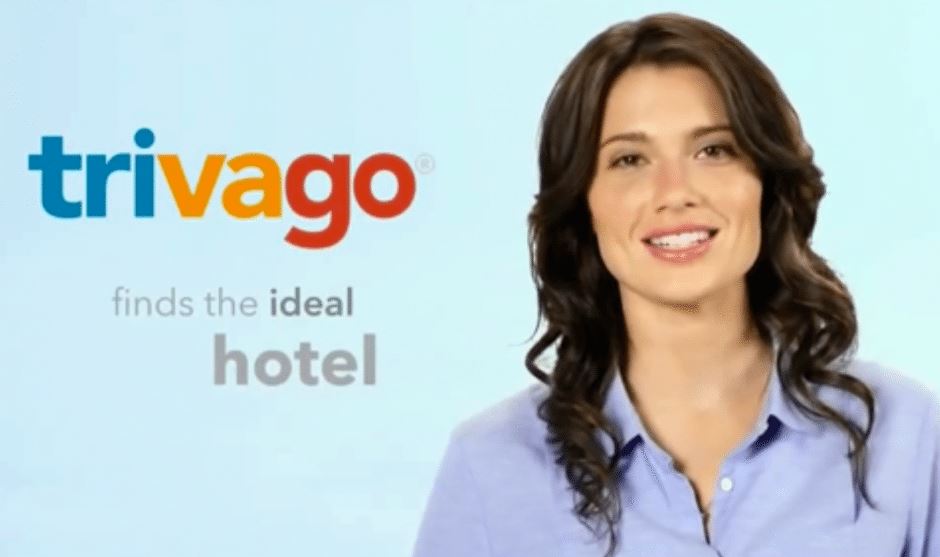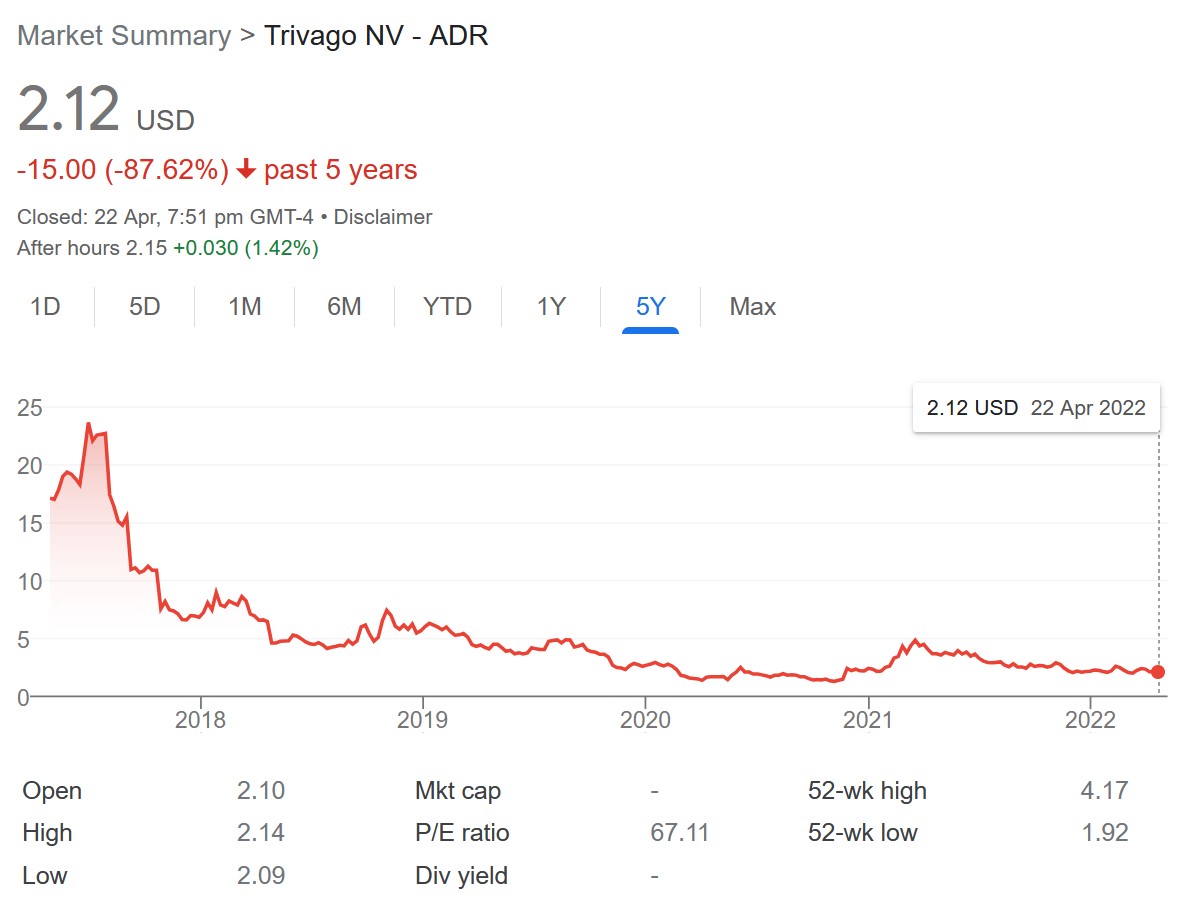Trivago pays A$44.7m fine for deceptive hotel comparison rates

Price comparison website Trivago has been fined A$44.7M for ripping-off customers and putting profits before people.
Trivago N.V. (NASDAQ TRVG) is a German technology company specialising in internet-related services and products in the hotel, lodging and metasearch fields. The American travel company Expedia Group owns most of the company’s stock. A large percentage of its revenue comes from selling your private personal metadata to advertisers and social media. The majority of its expenditure is on marketing! Talk about rinse and repeat!
ACCC History
In January 2020, Justice Mark Moshinsky ruled that Trivago knowingly broke many sections of Australian Consumer Law. It claimed that it offered the cheapest or best prices, all the while presenting results based on how much money it would make out of commissions, overrides, advertising dollars, back-room deals and click-throughs (regardless of whether the consumer booked).

At that time, the then ACCC chair Rod Sims said the conduct of Trivago was
Particularly egregious (staggeringly bad; shocking; obviously wrong and wrong beyond any reasonable degree…). The court’s decision sends a strong message to comparison websites and search engines that if ranking or ordering of results is based or influenced by advertising, they should be upfront and clear with consumers about this so that they are not misled. Damages, fines and refunds that could amount to many millions, perhaps hundreds of millions of dollars, are yet to be determined. The base penalty for misleading and deceptive conduct is up to $1.1m per breach and up to $10m in fines for each offence under the Australian Consumer Law.
Trivago has been in trouble many times in many countries
Why? The same playlist – egregious, deceptive and misleading conduct. This includes:
- Selling rooms or room types that are not available at the time of booking (forcing on the spot room upgrades at extra cost)
- Downgrading websites competitive to its owner Expedia and directing searches to it.
- Return false hotel gradings in favour of advertisers and commission overrides
- Exquisitely ‘wordsmithing’ its website and advertisements to gloss over the fact that different room types have different prices and may not be available, “We just compare, it’s your choice.”
- Hosting a considerable percentage of fake reviews – ‘Reviews you can trust.’

European-based Trivago must conform to the GDPR EU privacy rules. That it has such court and class actions is just plain wrong. It reflects on the owner’s and manager’s ethics – profit before people.
Its Terms and privacy policy are lengthy and tedious. They studiously avoid using the word ‘sell’, preferring ‘transfer’ or ‘share’ and copious mention of its ‘third parties’ passing all responsibility for privacy to them.
“We may also share this information with third parties, such as ad networks.”
Its profit model also allows for a huge TV and social media advertising budget fronted in the UK and here by Aussie actress Gabrielle Miller.
CyberShack’s view – Not even a $44.7 million fine can save Trivago from public backlash
Trivago is nothing more than a PCW and a data-harvester that monetises your personal information.
The bold answer is to legislate a fair price comparison methodology, and if it puts PCWs out of business, then so be it.
PCWs are yet another embodiment of the internet’s wild, wild, west. We suggest you read Price comparison websites – the scourge of the internet to see why.
Apart from the ACCC’s Australian Consumer Law teeth, there is no legislation mandating fair business behaviour. If there was, then government agencies could come down like a tonne of bricks and cancel business licenses, put directors in jail for cartel and collusion, order massive refunds for rip-offs etc.
We say that ‘ethical’ PCWs are an oxymoron – and are almost non-existent – they could not make enough money if they were! If you use them, only do so to get an idea of what you want – then go direct!

Brought to you by CyberShack.com.au







